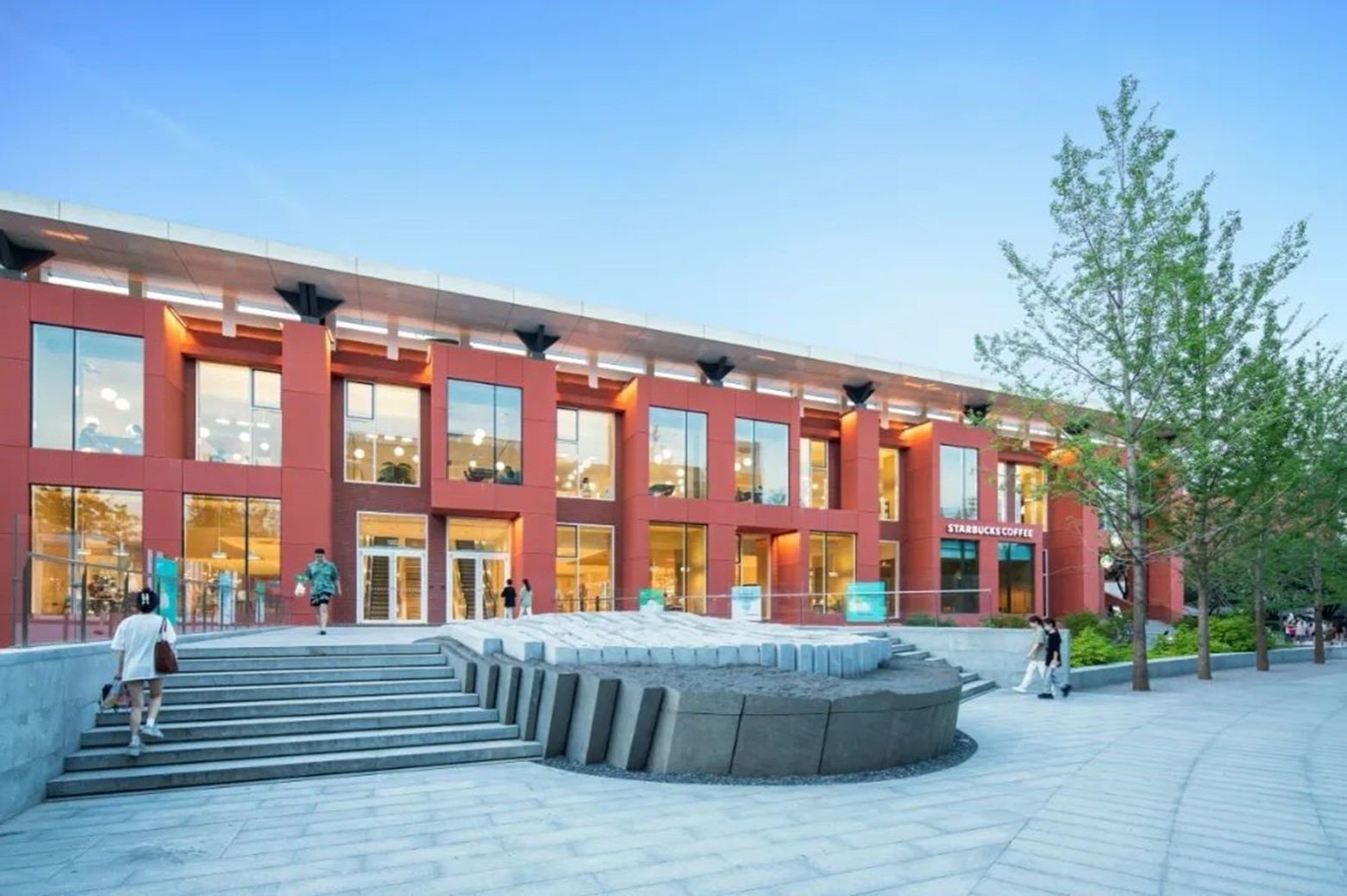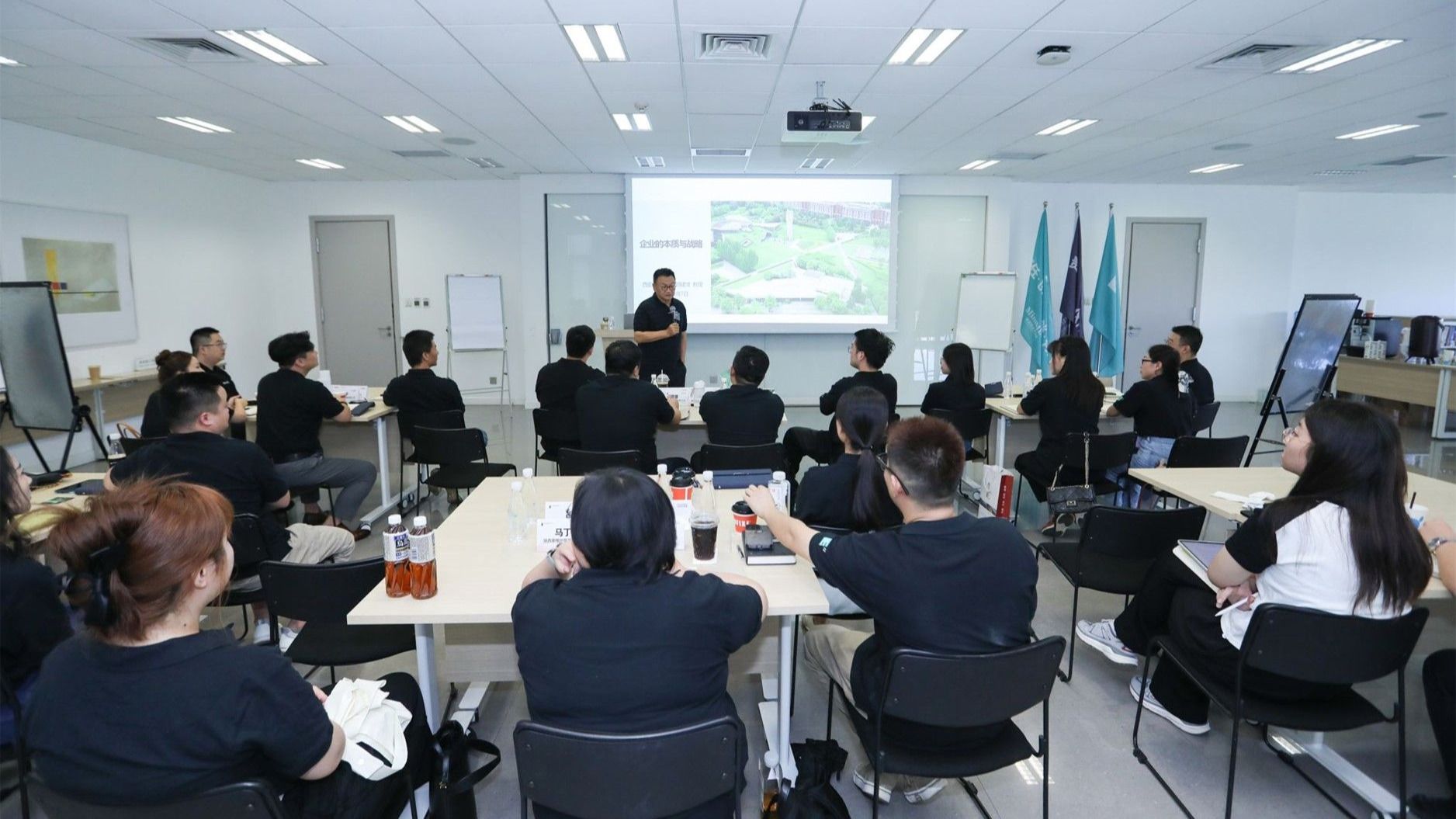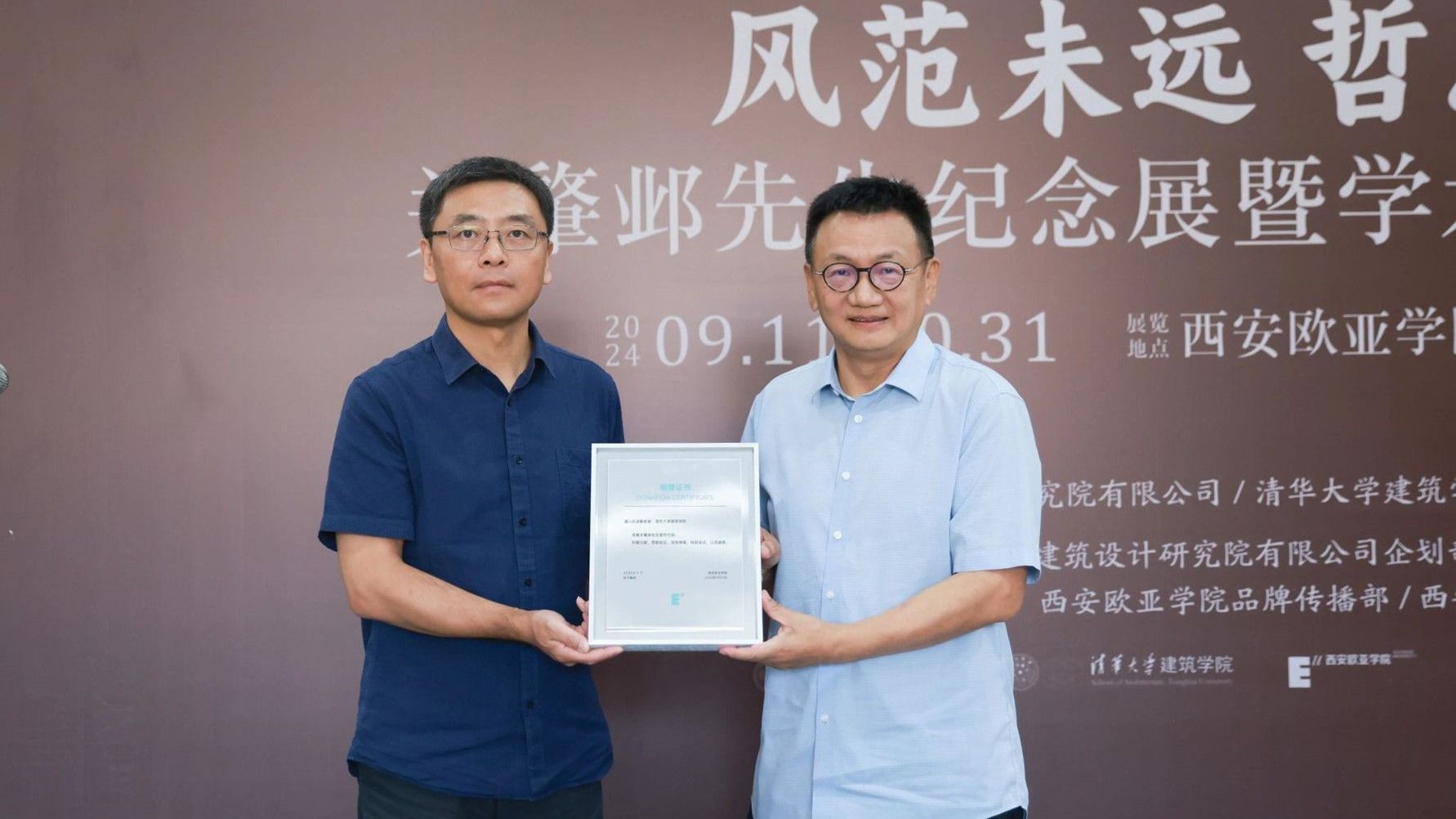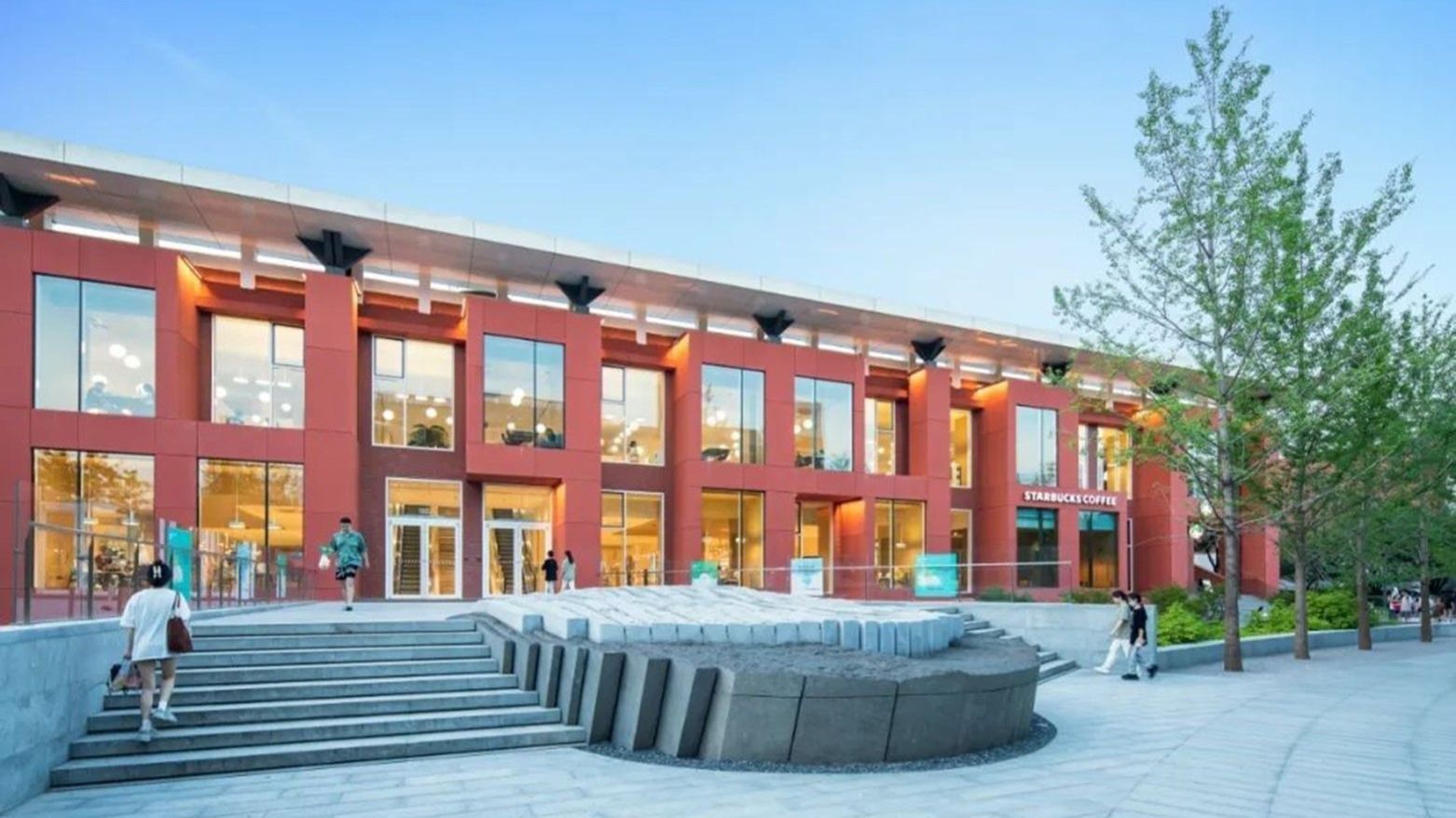
Over the duration of a year, under the leadership and guidance of Dr. Chang Tongshan, Director of Institutional Research and Academic Planning at the University of California (UC) Office of the President and a distinguished professor at our university, the Institute of Eurasia Education and Innovation conducted a comprehensive survey on the student experience at Xi'an Eurasia University. The purpose of this survey was to "listen to students' voices, enrich their educational experiences, and enhance their learning outcomes".
The student experience survey project led by Professor Chang is "tailor-made" for Xi'an Eurasia University. Professor Chang and his team spent a total of 8 months designing the questionnaire. The survey's theoretical framework and technical expertise were primarily adapted from the UC, but Professor Chang effectively customized it to closely align with the specific circumstances of Xi'an Eurasia University. The practices at Xi'an Eurasia University, including environmental education, curriculum restructuring, community-based system, localized internationalization, and general education, were all encompassed in the study. The questionnaire employed a modular design, divided into a "core module", "specific education and service module", and "specialized education module", encompassing more than 400 questions.
The project team members conducted interviews with nearly every second-class school and functional department to gather comprehensive insights on the most representative activities deemed by interviewees to enrich students' educational experience and enhance their learning outcomes. This information serves as the fundamental basis for the development and design of the questionnaire. Previously, the design of questionnaires was either based on the directives of higher authorities or shaped by the experience and preferences of school leadership and functional departments. Of course, some questions were also derived from the data collection requirements specified in strategic planning objectives and tasks. We believe our diverse educational and teaching activities benefit students' learning and development, yet evidence from the student perspective has been lacking. With the current investigation into students' educational experiences, we can now gain specific insights into each student's learning journey, enabling us to make informed and tangible improvements.
This survey encompasses all students in the university, so achieving a high response rate for valid questionnaires presents a significant challenge. From the outset, Professor Chang advocated against compelling students to complete questionnaires. Consequently, the project team expended substantial effort to encourage and incentivize students to participate in the survey. However, after two months, only approximately 6,000 individuals voluntarily filled out the online questionnaire. It was not until faculty from second-class schools got involved in the mobilization effort that the number surpassed 11,000. During the process, Professor Chang also expressed his disappointment, noting, "If our students lack the patience to complete a 25-minute questionnaire, are reluctant to voice their thoughts on their own learning, and unwilling to take responsibility for their education, then how can we claim that Xi'an Eurasia University's education quality is 'student-centered'". My explanation to Professor Chang was that previously, various departments and schools conducted numerous similar surveys. The individuals administering these questionnaires often utilized the results for internal reports or research papers, and once the surveys were completed, there was no subsequent action or discussion. Therefore, I propose that the Institute of Eurasia Education and Innovation should take charge of planning, designing, managing, and implementing all school-wide questionnaires in a unified manner to alleviate the burden on all parties involved. Additionally, whenever possible, the results of the survey should be reported back to the respondents. Ideally, a comparison list highlighting the differences between the respondents' inputs and the survey findings should be created, as this can increase students' motivation to participate in the survey.
Analyzing survey results, communicating and discussing the conclusions of the survey report with relevant individuals, crafting and releasing the final survey report to the public, and enabling university administrators and related departments to refine their perspectives and future strategies based on the survey conclusions represent significant challenges. These tasks require not only Professor Chang's hands-on guidance and demonstration, but also the proactive attitude and commitment of university leaders to confront and address these issues.
After attending the project report interpretation and seminar led by Professor Chang, I promptly convened a special meeting of the university's Finance Committee. The meeting focused on addressing the two aspects from the report that received the lowest student satisfaction: poor apartment conditions and inadequate dining spaces, leading to discussions on improvements and adjustments. With the new apartments set to be officially completed by the end of this year, significant improvements in living conditions are anticipated. Additionally, we plan to invest an additional RMB 300 million during the 15th Five-Year Plan Period for the renovation and upgrading of 20 old apartment buildings. Simultaneously, we will begin the design and construction of a student dining hall in the northwest area. For other issues, each university committee will organize a dedicated meeting to provide responses and implement solutions. Moving forward, we will make the conclusions and content of the annual questionnaire an essential prerequisite for university planning and institutional reform.
The UC has been conducting a similar survey for exactly 20 years, with Professor Chang being both a participant and leader in this research project. He is deeply aware of the survey's value and significance for the university's "student-centered" initiatives and also fully understands the challenges and difficulties involved in the process. For instance, in publicly available reports, student feedback problems are very clearly exposed, which may lead to negative public opinion and pressure on the university. This report comprises 8 themes. The day before yesterday, the first section of this report was officially released on the WeChat Official Account "Eurasia Education Research". Several colleagues in the education sector messaged me, stating that upon reading the report, they were surprised and moved by Xi'an Eurasia University's candid revelation of various issues. They also expressed confidence in the report's scientific rigor and authenticity. I explained to them that if the report were full of praise, Professor Chang would absolutely not have agreed to its publication.
Since 2006, under the guidance of numerous experts such as Professor Zhao Juming and Professor Bo Long, we have undertaken extensive work focused on "student-centeredness". This includes enhancing the teaching environment, introducing learning systems, establishing teacher development and student support centers, conducting SC teacher training and certification, developing standardized curriculum outlines, reforming the general education curriculum, revising the talent cultivation program, strengthening practical teaching and internship facilities. Additionally, we have established collaborations with industry partners, undertaken student community reforms, and implemented three-channel education among other initiatives. However, the subsequent question is whether we have been effective in achieving these objectives. Frankly, we have yet to find comprehensive and reliable evidence, whether from students or teachers. The various assessments we have undergone have not sufficiently explored or addressed these issues, indicating that their adaptability and professionalism remain inadequate.
Drucker says that top-down feedback is almost ineffective. "Effective communication" does not start from what management wants to convey, but instead from what the subordinates want to know. The design and implementation of this survey were based on what teachers, students, and alumni wanted to know.
Recently, I have been invited by several private universities to visit campuses, discuss quality initiatives, and explore strategic planning. I found that most school board decisions focus mainly on aspects like regulatory compliance, resource acquisition, and competitive advancement, yet there is a lack of feedback and opinions that address student perspective needs and quality improvements.
Professor Chang further emphasized that the survey on students' educational experiences is merely a segment of the comprehensive project titled "Listening to Students". Following this, surveys will also be developed in areas concerning alumni experiences and faculty teaching experiences. Ultimately, the collected survey data will be integrated with management data from various departments of Xi'an Eurasia University to eliminate the concept of "data silos" and establish a big data system for institutional research at Xi'an Eurasia University. This system will offer more effective support for the university's strategic planning and evidence-based decision-making.
Finally, a brief announcement for those interested in conducting a "student experience survey": various colleges and universities are encouraged to reach out to the Institute of Eurasia Education and Innovation. Under the comprehensive guidance of Professor Chang Tongshan, and based on the "Input-Environment-Output" theory of undergraduate education, this team has drawn from the implementation experience and models of similar projects at the UC. They have completed the full-cycle development and design of the "student experience survey" project, tailored to the features of higher education teaching and institutional characteristics. This project can thoroughly investigate and analyze students' academic experiences, the enhancement of educational achievements, and influencing factors, thereby providing a scientific basis for improving the quality and operations of higher education institutions.







